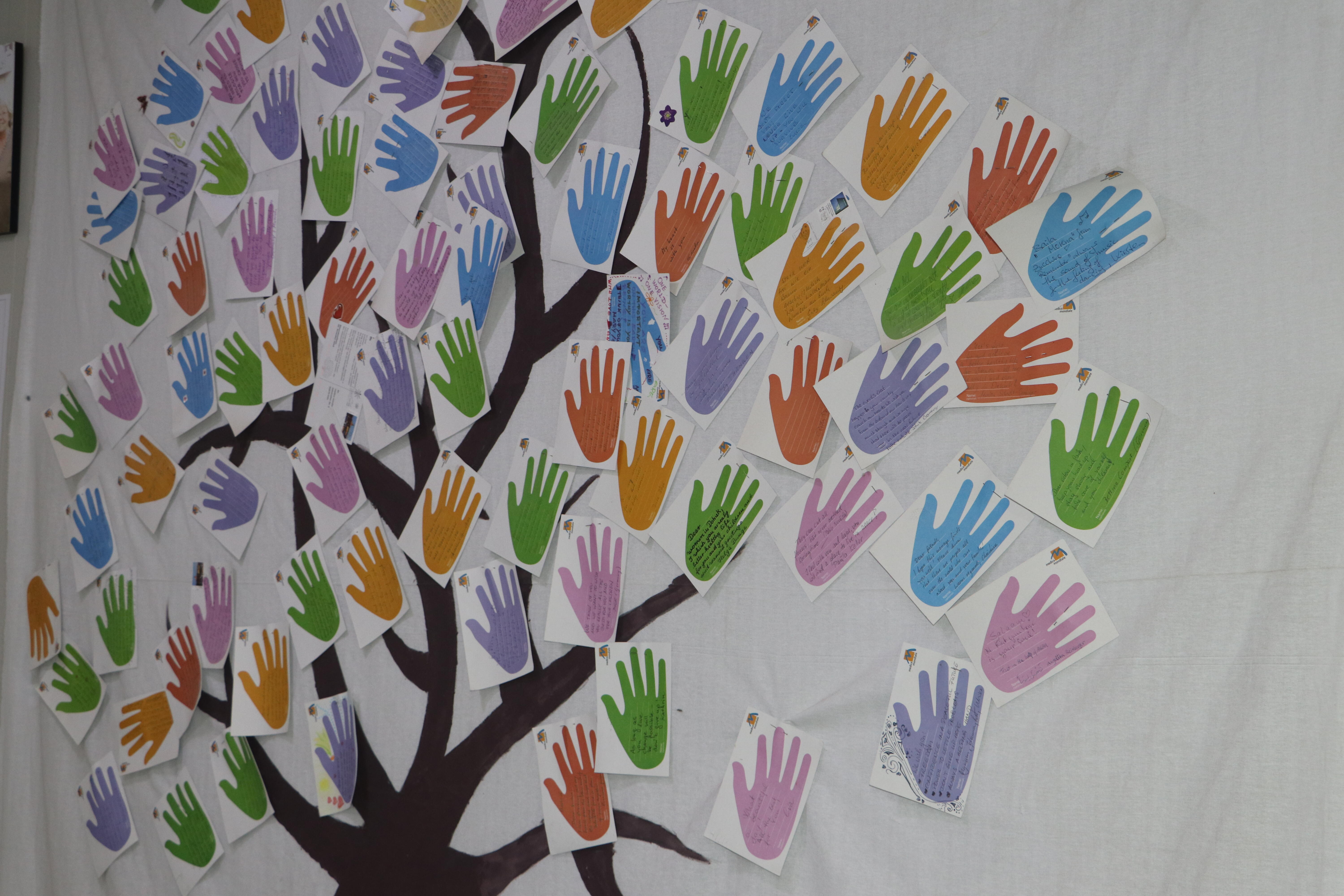Erbil, Kurdistan Region of Iraq - “Come with me, we need to go to the bakery - my mother told me one morning,” said 53-year-old Dania*. “That day, I experienced fear, deception, and excruciating pain. I was only seven,” she recalls of the day she underwent Female Genital Mutilation (FGM).
The practice of FGM is a social norm that is perpetuated by deeply ingrained cultural beliefs and myths that instil fear in the minds of the people. It is not only a practice rooted in gender inequality but is also a practice that limits girls and women from realising their rights and potential in health, education and income.
Despite strong advocacy against it, the FGM continues to occur in some parts of Iraq, mainly in the rural areas in the Kurdistan Region of Iraq.
Dania* was seven years old when she was circumcised in her native Sulaymaniyah. It is a day she has not forgotten: "I remember everything: the smell, the pain, the screams, the blood that was coming down on my thighs," she says of the traumatic experience and unbearable pain.
“We arrived at the bakery, my mom took me to the back room where there was an old stove. I saw an old woman holding razor blades. I remember that old lady and my mom holding me down. Words cannot express the pain and confusion I felt. It took a few seconds and I saw blood coming down my thighs. The lady then put coal on my genitalia”, she explains.
FGM comprises all procedures that involve altering or injuring the female genitalia for non-medical reasons and is recognized internationally as a violation of the human rights of girls and women. It can cause heavy and extremely painful menstruation, infertility and constant infections.
Furthermore, FGM has no scientific benefits, and no matter if advanced tools are used or not, it is still painful and harmful for women and girls: this practice meddles with ordinary body capacities, including physical, mental and sexual wellbeing. Regardless of whether it is acted in a more secure manner; in facilities by medical professionals rather than a conventional cutter, it is still an infringement of the major clinical morals and the central rule of giving the best medical care conceivable.
“To date, I don’t understand why I had to go through this experience. My mother never justified her actions and felt the need to guide me through this painful process. FGM is not a religious act, nor a medical one… it is just a baseless cultural practice that aims at shaming women since their young age based on their sex”, she adds. “I will never do this to my daughter”.
Dania is one of the hundreds of girls subjected to FGM on a yearly basis in the Kurdistan Region. UNFPA and the Kurdistan High Council for Women Affairs, with support from the European Regional Development and Protection Programme for Lebanon, Jordan and Iraq (RDPP II) are working on changing the behaviour of mothers regarding female genital mutilation through a communication behavioural plan.
Today, 46 years later, Dania is a vocal advocate for ending harmful practices in the Kurdistan Region. She continues to works tirelessly to change mentalities and perceptions: “FGM is child abuse and violence against women and girls. By conducting genital mutilation and other harmful practices, we are robbing our daughters of their right to their sexual and reproductive rights”, she concludes.
*Name changed for protection reasons
-----------
UNFPA, the United Nations Population Fund, delivers a world where every pregnancy is wanted, every childbirth is safe and every young person’s potential is fulfilled.
For more information or media inquiries please contact: Salwa Moussa, Communications Specialist, smoussa@unfpa.org, 00964 780 917 1035


